
Jonathan Lucas: Freelance Engineer
As well as doing regular stints at Camden's Barfly and other London venues, Jonathan Lucas engineers for a successful gigging band, whom he also records in the studio. We find out how it all came together.
To find the exact phrase, put the words in quotes or join them together with a plus sign e.g. live+recording or "live recording".
To find, say, all live recording articles that mention Avid, enter: live+recording +avid - and use sidebar filters to narrow down searches further.

As well as doing regular stints at Camden's Barfly and other London venues, Jonathan Lucas engineers for a successful gigging band, whom he also records in the studio. We find out how it all came together.

M-Audio are perhaps better known for their studio and computer-based peripherals, but they now have a microphone range, to which has been added a stage-specific model. We put the Aries through its paces.

Italian company RCF have a good pedigree. They helped design and manufacture for Mackie when the latter first entered the live sound market. We check out RCF's own entry in the portable powered PA stakes.
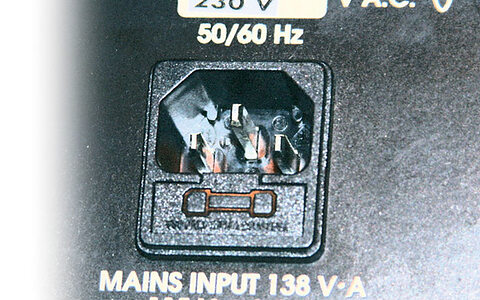
Staying safe on stage is more than a matter of simply making sure that willing hands are available before taking a dive. Knowing how to properly handle the mains power we all need is also crucial to performance health...

Clever lightweight amplifier technology and exceptional effects, plus several other useful features, distinguish this practical and powerful live mixer.
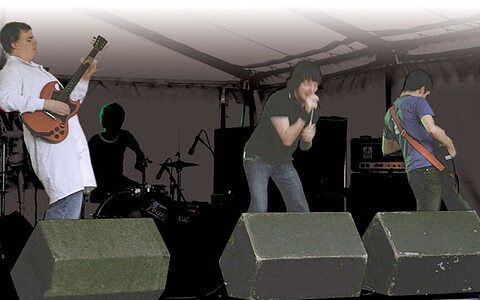
Although monitor engineering is often thought of as subordinate to handling the FOH sound, in reality it's at least as important. We take a tour around this most crucial of live sound subjects.

We begin this regular column on using Ableton Live by examining how you can increase your productivity whilst using the program as a writing tool.
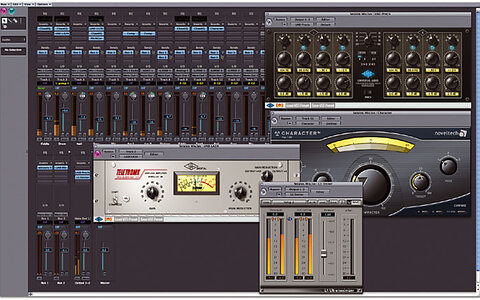
Mixing live band recordings within Logic presents a unique set of challenges, so we show you how to get great results with the minimum hassle.

Nearly all modern samplers have powerful synth engines concealed inside them — and sometimes they're so well hidden that their users are unaware of their existence. But then why would you want a synth in your sampler? Let's find out...

Writing music for picture seems like the ideal career. You get to work in your studio for a living, you can earn good money, and there's so much potential work: action films, travel and nature documentaries, romantic comedies, cartoons, low-budget sci-fi, even breakfast cereal ads. But how do you break into this lucrative world?

Like many of Sony Oxford's plug-ins, their new limiter takes a familiar concept and applies a novel twist.

The 64-bit Windows XP x64 edition is on the shelves, but musicians should stick with their trusty 32-bit OS for the moment. PC Notes explains why, as well as offering some constructive soundcard feature suggestions to manufacturers.
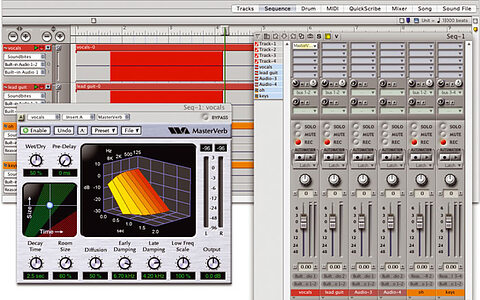
Few of us use our software sequencers in isolation — we all need associated hardware, such as monitors, external effects, and favourite MIDI synths. This month we take a look at using DP with such hardware.
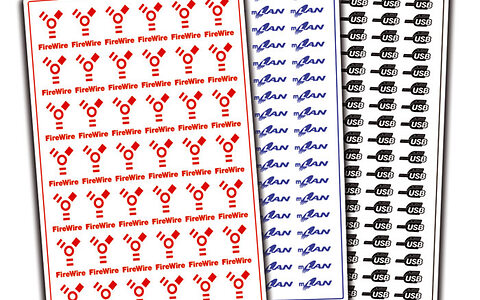
With interface standards and user requirements changing all the time, the audio interface marketplace is a volatile one. We catch up with representatives of eight leading manufacturers for the inside track on the future of audio I/O hardware.
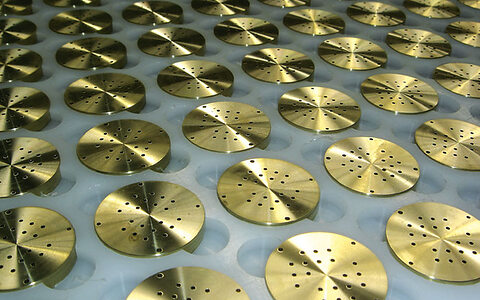
What is it about the capacitor mic's capsule or the way it is mounted that dictates the polar pattern of the mic?
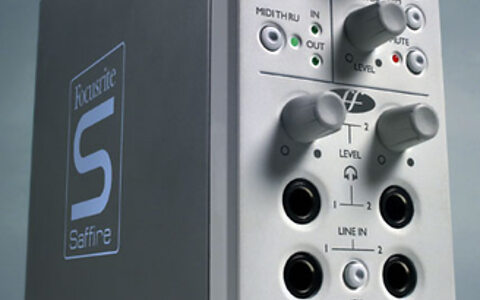
When it comes to computer audio interfaces, what is it that we are really paying for and how does the price relate to the quality of the A-D/D-A converters?

After maximising my mix, so that the level of the audio is just below the point of clipping, if I insert a high-pass filter at, say, 40Hz, suddenly the audio starts to clip. What is happening?

I have just bought an old spring reverb unit called the Great British Spring off eBay. It sounds great but if I feed any drums through it, it makes a weird 'ping' sound...

Would it be possible to use two figure-of-eight mics to create a surround sound recording on a two-track recorder, which could be decoded and mixed later on?

We all know that Beat Detective can be used to fix up dodgy drumming. But how about creating a tempo map from a freely played keyboard part? Or replacing a piano track with note-for-note accuracy? You can achieve amazing results when you know how...